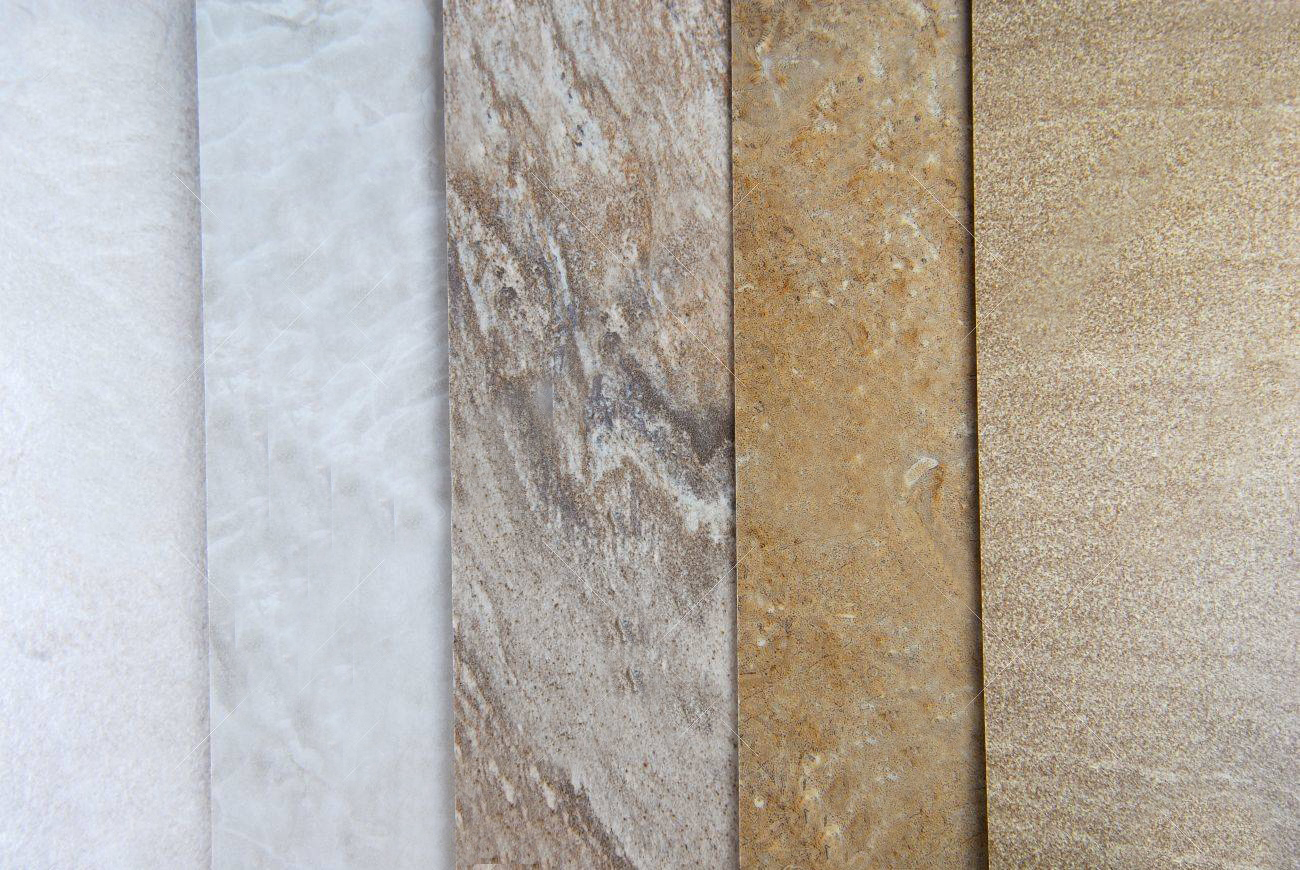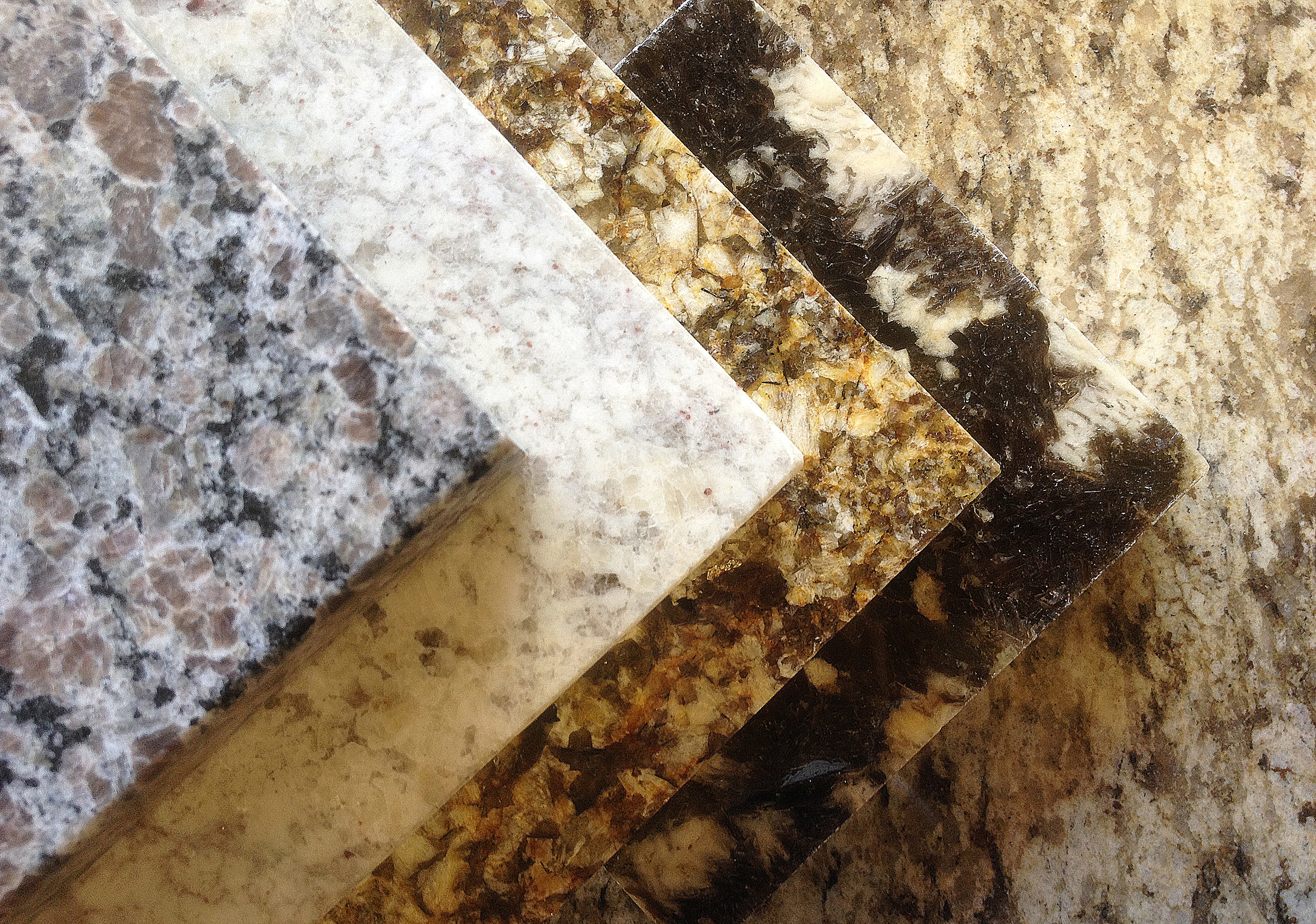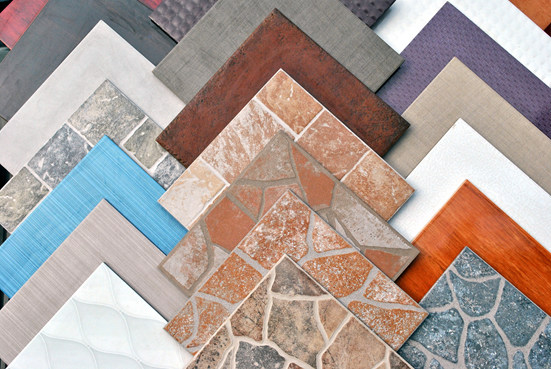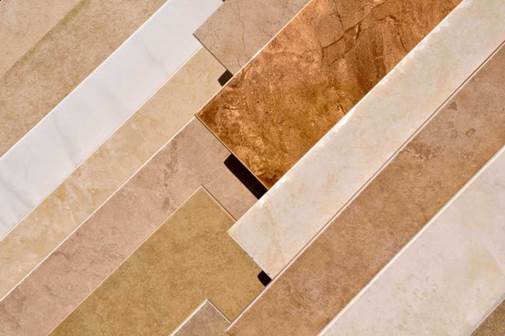
Marble Flooring

Choosing the right flooring material for your home can significantly impact its aesthetics, durability, and maintenance. Our top architects in Chennai help you by choosing the right quality flooring material for your dream projects.
Marble is one of the most luxurious flooring option. Each slab has its own unique veins and patterns.
It provides good indoor air quality and it is scratch resistant. It lasts for ages. As, it is a high density stone, it can be used in high traffic areas.
It is a natural material with a unique appearance.It can be easily polished which makes it smooth and shiny and it is a good conductor of heat, which makes it cool during summers.
Granite Flooring

Granite flooring has become a popular and elegant choice.
Granite has excellent hardness and anti staining properties. It is much harder and stain resistant than any other material such as marble.
Granite can bear any kind of weight which makes it strong. It is a natural stone which makes its lifespan durable and it provides a shiny polish to make it look elegant.
Tile Flooring
Tiles are artificial flooring material manufactured by firing clay at high temperatures.
There will be two types of tiles discussed here -
Ceramic Tiles

Ceramic tiles are plain clay molded in the shape of a tile and heated to a high temperature inside a kiln. The heat hardens the structure of the tiles and fuses in the color and design of the tile.
Ceramic tiles are not very strong. These tiles are also very porous and thus absorb water easily. In order to make them resistant to water they are often glazed.
Vitrified Tiles

It is the most common and recommended type of tile.
Vitrified tiles undergo a process called vitrification that makes their surface extremely water resistant. This makes the tiles hard and strong, as well as stain resistant.
Cost and Maintenance
Marble and Granite:
Both are luxurious and require professional set up. Regular cleansing is critical to preserve their appearance.
Ceramic Tiles:
More lower priced but may be liable to harm. Requires much less preservation but needs to be glazed to save you water absorption.
Vitrified Tiles:
More highly-priced than ceramic but rather durable and occasional maintenance.
Each flooring kind has its specific advantages and downsides. Marble gives a luxurious appearance but at an excessive price and preservation. Granite is extremely long lasting and fashionable however also costly. Tile flooring, mainly vitrified tiles, affords a flexible and fee-powerful option with smooth maintenance. Your desire will rely upon your particular needs, price range, and aesthetic choices. Our architects in Chennai provide the best services for you at best prices.
| Parameters | Marble Flooring | Granite Flooring | Tile Flooring | |
| Ceramic Tiles | Vitrified Tiles | |||
| Look |
Marble is of various types such as Sandstone, composite, and white marble. Gloss finished or matte finished. |
Elegant and sophisticated. Varieties such as sleek, high gloss formats, matte and rustic textures. |
Available in huge varieties of color, pattern and texture. Gloss and matte finish. |
Good reflective properties which makes the floor shiny. Large variety of designs, colors and finishes. |
| Cost | Expensive | Expensive as compared to marble | Comparatively cheaper than marble and granite. | Expensive than ceramic tiles |
| Durability | Long lasting | More durable than marble. | Ceramic tiles are best known for their durability. | Vitrified tiles are very durable as compare to ceramic tiles and marble. |
| Maintenance |
Regular cleaning Slippery when wet Discoloration due to stains. |
Regular sweeping Slippery when wet |
Easy to clean. Less maintenance Prone to cracks, chips, and breakage. |
Easy to maintain but slippery when wet. Prone to cracks, chips, and breakage. |
| Advantages |
Scratch resistant Sunlight doesn't cause them to fade |
Resistant to heat Stain resistant |
It is dent, scratch and stain resistant. |
Easy to clean Prevents growth of bacteria due to moisture resistance |
| Installation | Easy to install but charges are high. | Easy to install but charges are high. | Professional installation is recommended. | Easy to install |
| Thickness | 10 to 20 mm | 10 to 25 mm | 6 to 7 mm | 6 to 7 mm |